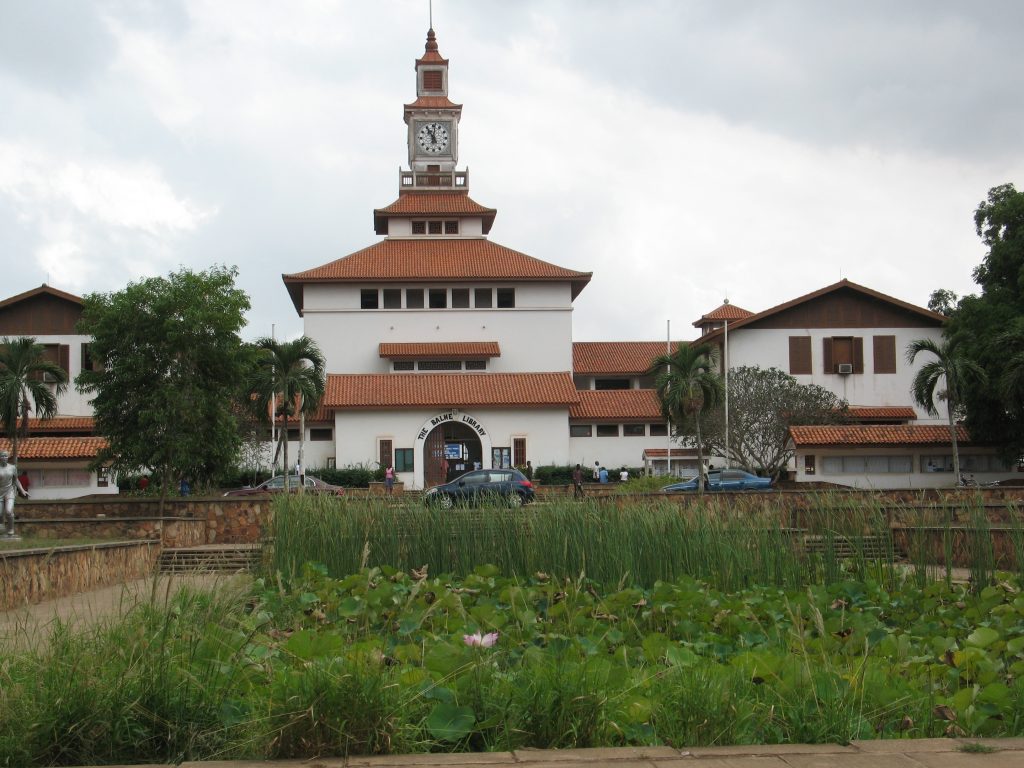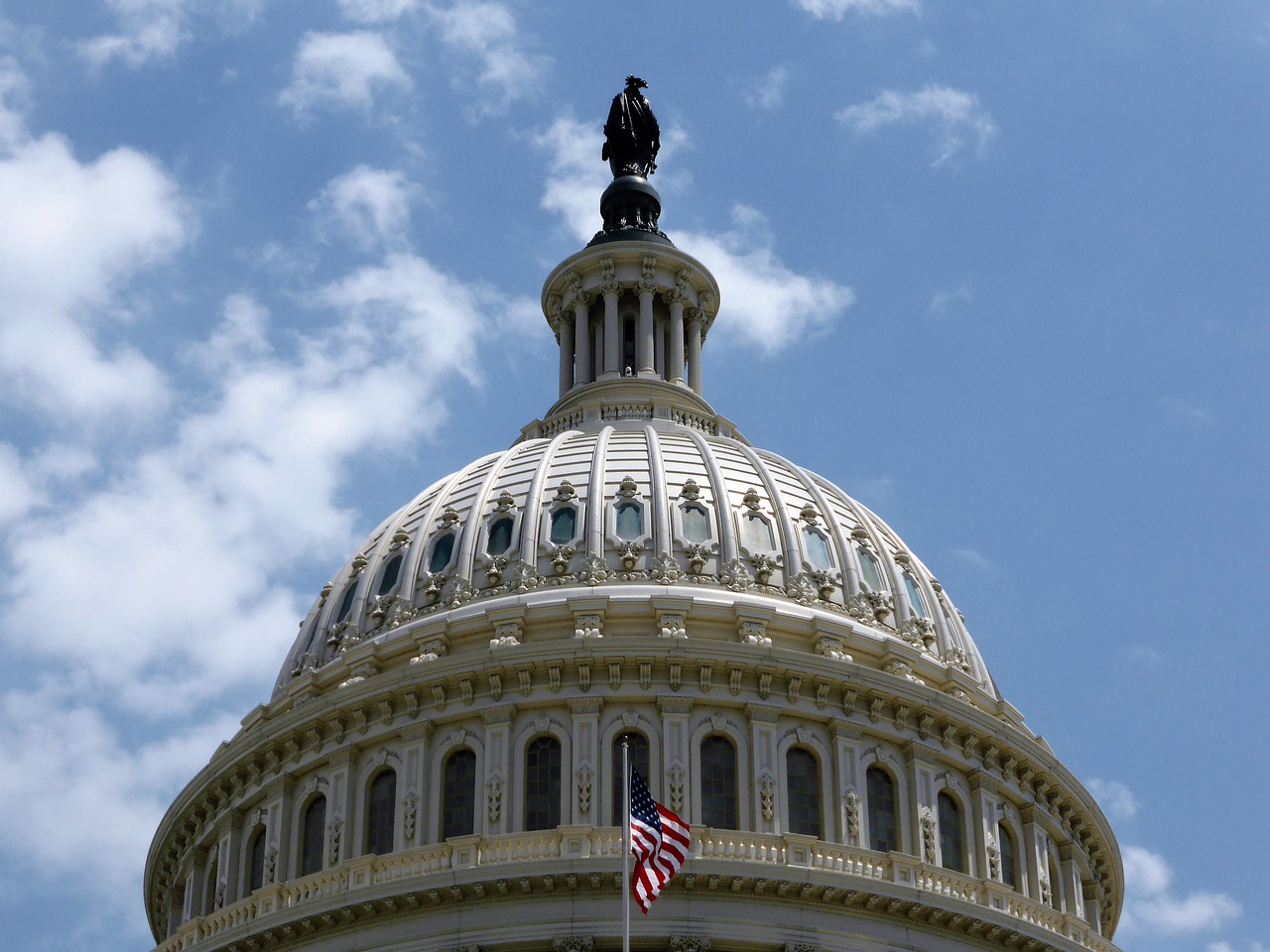The University of Ghana Removes Statue of Gandhi
The University of Ghana in the capital city of Accra, the West African country’s oldest and largest public universities, has removed a statute of Indian independence activist Mohandas Gandhi on Friday, December 14, after grassroots pressure from university lecturers. Installed two years ago in 2016, several academic faculty and staff on campus began a petition to remove the statute because of Gandhi’s previous racist comments against Black Africans made during his life and activism against British colonialism in South Asia as well as fighting for civil rights in white minority ruled South Africa during the majority of the 20th century.
The petition also mentioned that the historic campus does not have any statutes or monuments of historical Black African figures. In his early writings while in South Africa, Gandhi referred to the native Black South Africans as “kaffirs”, an n-word equivalent racial slur used against Black Africans, and once said that Indian and or South Asian people were “infinitely superior” to Black people.
The University of Ghana’s removal of the original Gandhi statute reflects a rising global movement of removing statutes or monuments honoring controversial historical figures. Three years ago in 2015, organized students, faculty, and staff in South Africa were successful in removing a statue of Cecil Rhodes, a former pro-British imperialist Cape of Good Hope politician, at the Cape Town University in the country’s legislative capital city. Efforts to remove confederate statutes and monuments have been gradually successful in the United States of America as about 110 confederate statutes and monuments have been removed since 2015 in cities nationwide such as New Orleans, Washington, D.C., and Baltimore, largely spurred by the Charleston church shooting in South Carolina and the Black Lives Matter movement.




